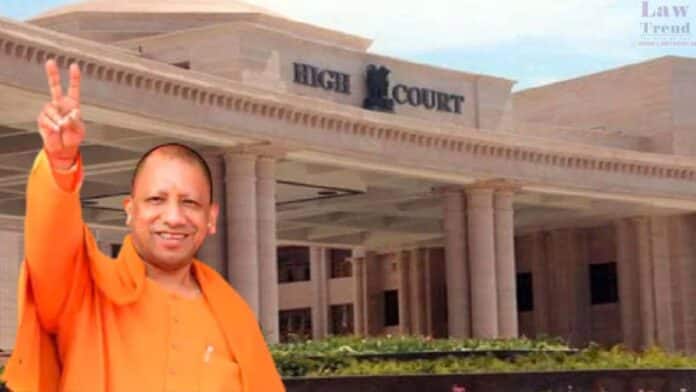In a significant ruling, the Allahabad High Court, Lucknow Bench, quashed the dismissal of Amar Singh, a former Additional Private Secretary in the Uttar Pradesh State Secretariat, for inadvertently forwarding a WhatsApp message criticizing Chief Minister Yogi Adityanath and Deputy Chief Minister Dinesh Sharma. The court deemed the punishment disproportionate and procedurally flawed, directing Singh’s




